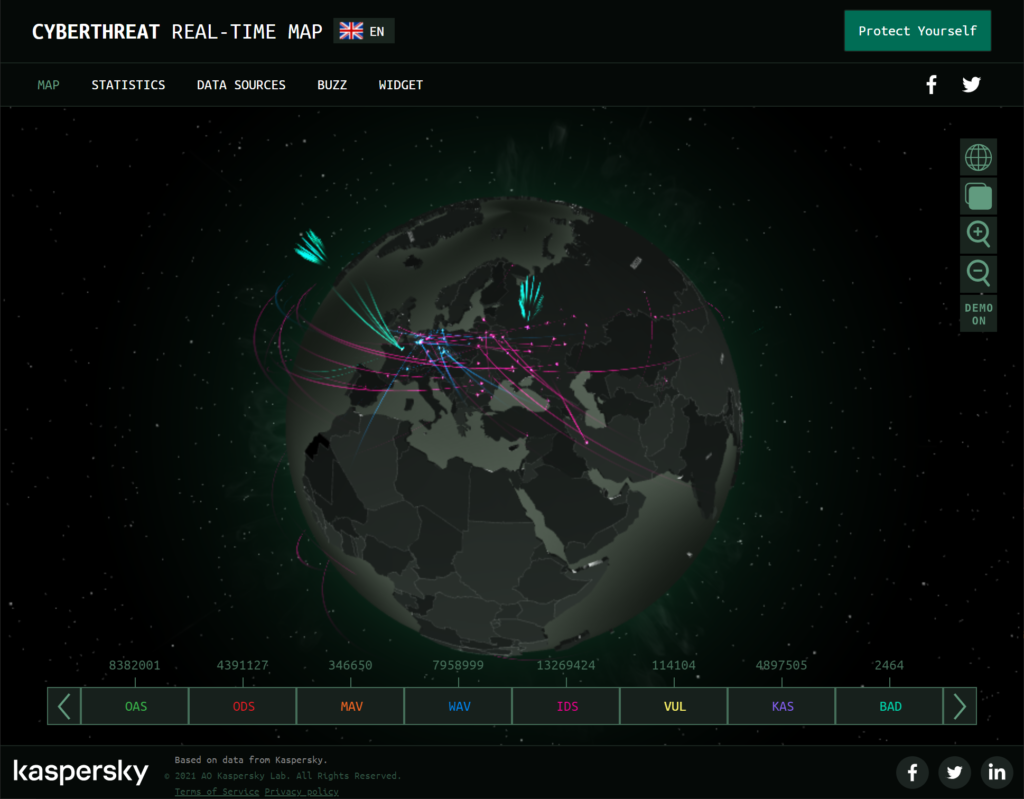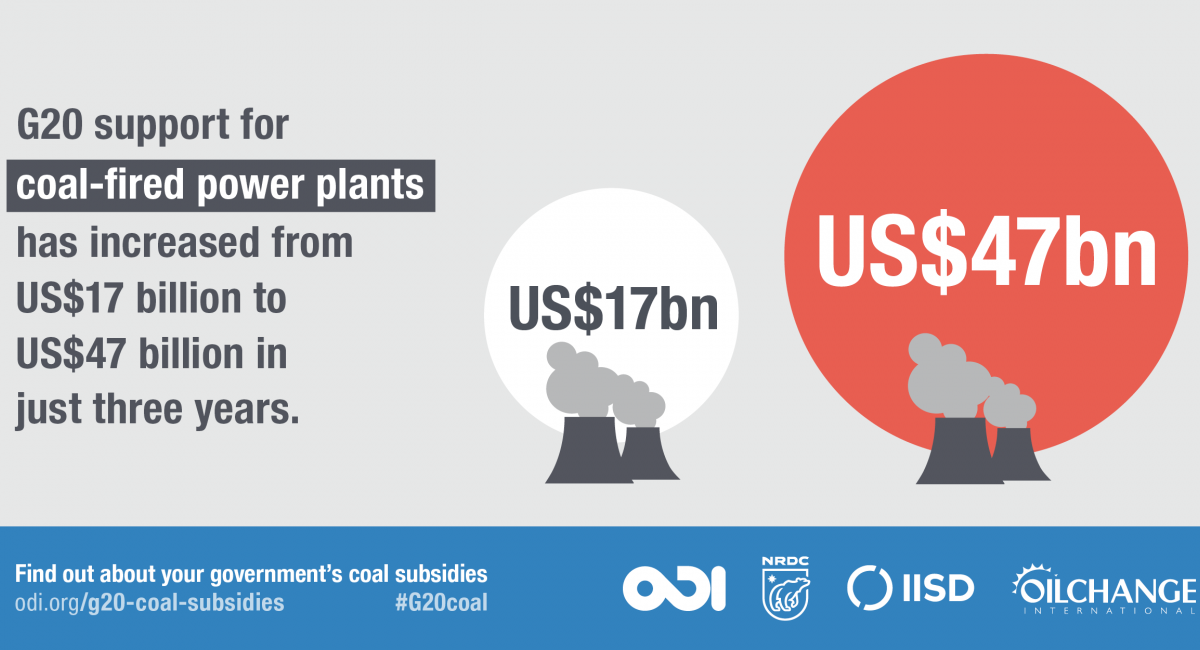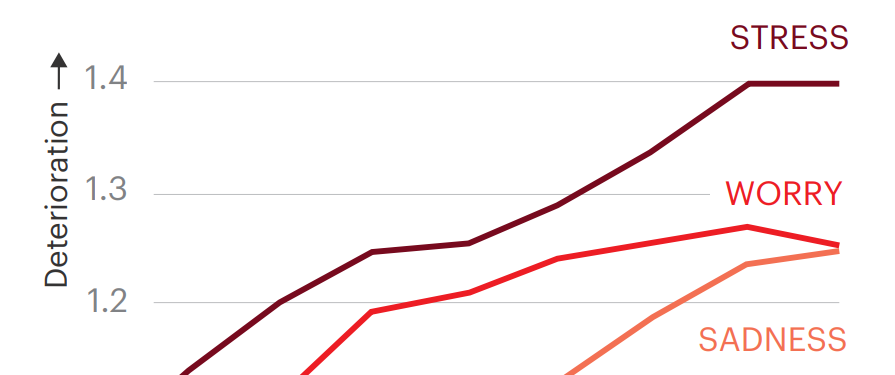The internet has become a tool for authoritarian repression – “You name it, this affects every industry”
By A. Tarantola
26 March 2021
(Engadget) – The internet was supposed to set us free. Yet in the past two decades, authoritarian regimes have quickly adapted long-held tactics to the digital age, leveraging social mechanisms and mores to maintain their grip on captive populaces. While the internet and social media revolutions may have empowered activists to better resist dictatorial overtures, they have equally handed new tools to anti-democratic despots to more effectively stamp out dissent through the use of digital surveillance, disinformation and outright denying internet access to their people.
“In 2019 alone we saw 1,706 days of internet access disrupted and 213 internet shutdowns in 33 different countries,” Moira Whelan, Director of Democracy and Technology at the National Democratic Institute, said during a recent SXSW 2021 panel discussion.
“These network shutdowns often happen around protests, around elections — particularly ones that are flawed — as well as during instances of police violence where the authorities do not want images of their police brutally putting down a peaceful protest broadcasted not only to their own citizens but to people all around the world,” Adrian Shahbaz, Director of Technology and Democracy at Freedom House, said during the panel.
“People are losing access not only to things like social media, but oftentimes if the internet is out, they can’t go to ATMs, they can’t access educational materials, even certain phone or television services. Online banks lose the ability to operate, businesses lose the ability to communicate with their customers and suppliers,” he continued. “You name it, this affects every industry.”
Dictatorial regimes have traditionally relied on limiting the flow of both external and internal information — and therefore influence — to maintain control over their citizens. For example, in 2000, China’s autocracy instituted a policy of “cyber sovereignty,” essentially state control over the internet, dubbed the Golden Shield Project, which officially sought to enhance the effectiveness and responsiveness of its national police force. That initial program eventually metastasized into what has become known as “The Great Firewall,” a nation-level break between domestic and international web traffic with CCP censors in full control over what online information Chinese citizens have access to. “They have all sorts of laws and technical infrastructure in place to scrub the internet of anything that could be deemed sensitive which could get people thinking independently about the Chinese Communist Party or how things should be run,” Shahbaz said. Of course, numerous online tools exist which enable Chinese citizens to circumvent their government’s censorious policies. [more]



